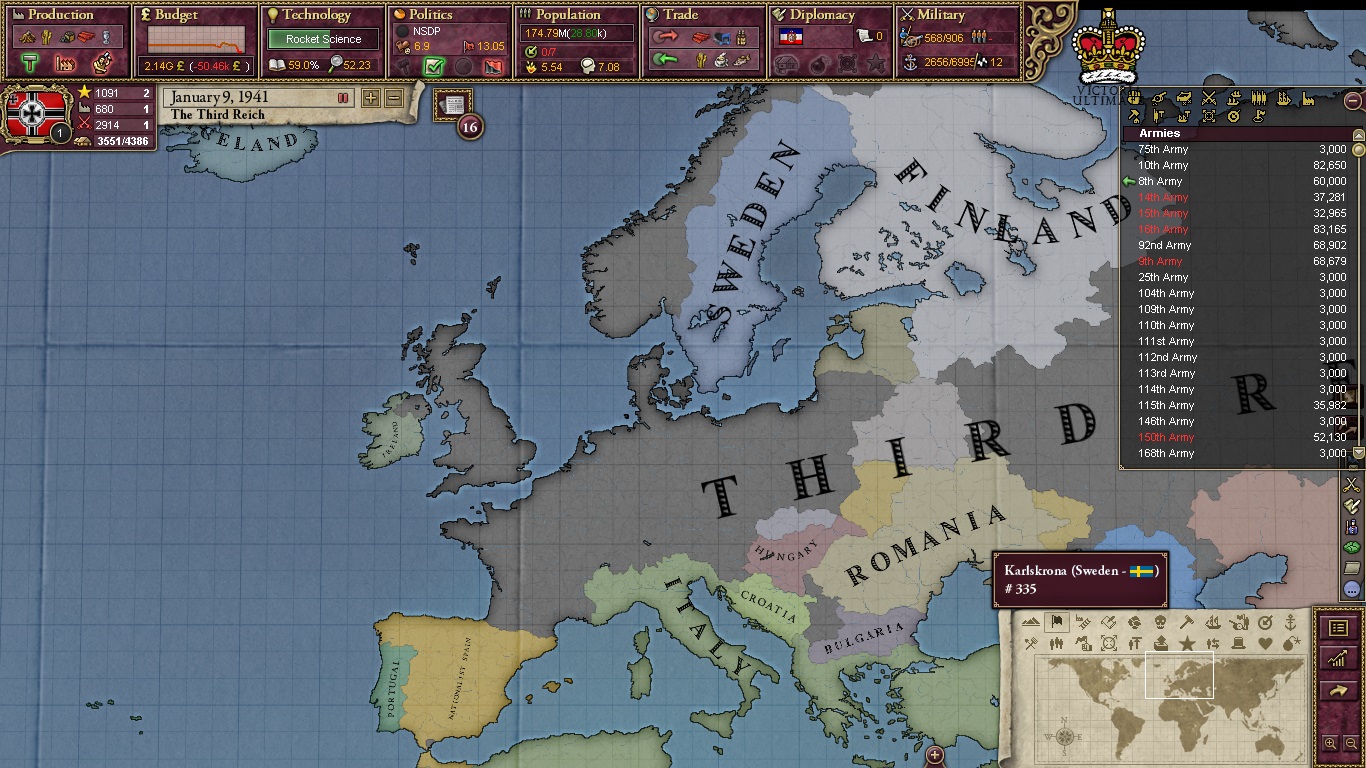

The German Evangelical Church (the largest Protestant church) and the Roman Catholic church were pillars of German society and played an important role in shaping people’s attitudes and actions vis-à-vis National Socialism, including anti-communism, nationalism, traditional loyalty to governing authorities (particularly among Protestants), and the convergence of Nazi antisemitism with widespread and deep-seated anti-Jewish prejudice. In 1933 there were 40 million Protestants, 20 million Catholics, and small numbers of people adhering to other Christian traditions. The vast majority of Germans belonged to a Christian church during the Nazi era.


 0 kommentar(er)
0 kommentar(er)
